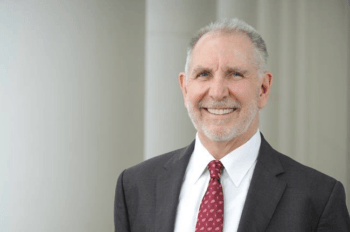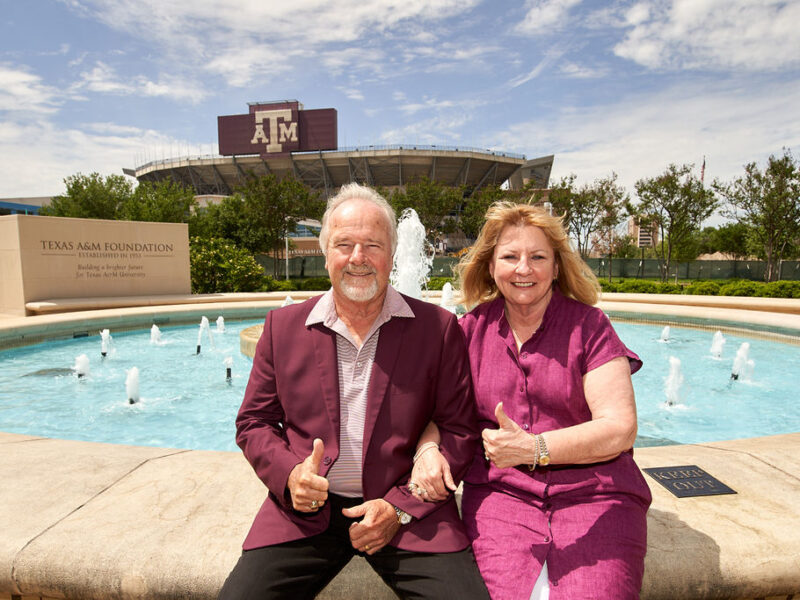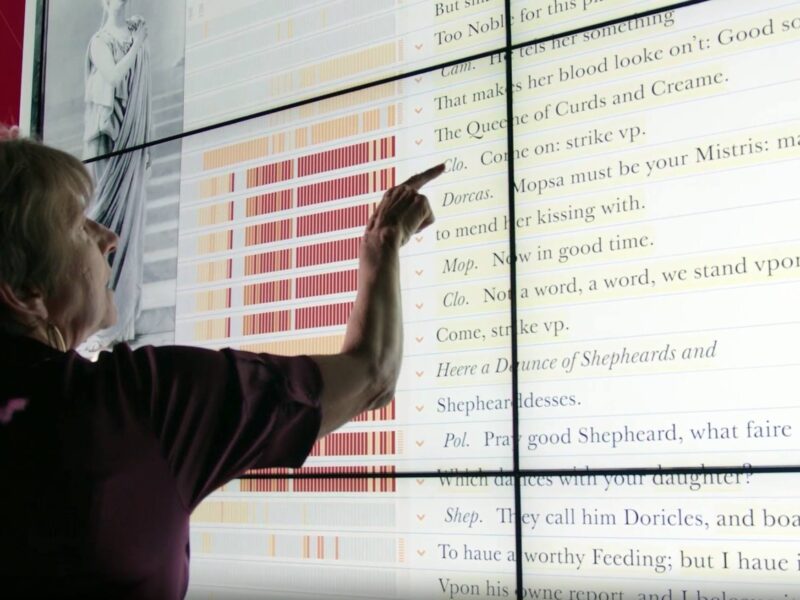Texas A&M President Invited By Secretary of State To Discuss Research Security, Foreign Interference
Texas A&M University President Michael K. Young is in California’s Silicon Valley today for a roundtable discussion with Secretary of State Mike Pompeo, other State Department officials and leaders from a small number of research universities.
The issues they’re discussing include research integrity and security, foreign interference to academic freedom on American campuses and the nature of protecting open, transparent and merit-based research enterprise.

Young said he’s thrilled Texas A&M — a major research institution — is involved due to its proven success in those areas.
“We are doing important work in significant areas for the United States, including those with national security and other kinds of implications,” Young said. “Our school has taken these issues seriously and has been recognized as having done great work in that regard.”
Research integrity and security are of paramount importance if the United States is to continue to benefit from the work being done at universities, Young said.
“American academic institutions have largely been very open and collaborative both nationally and internationally in the work they do, and that has been an important element in our success,” he said. “There are some areas where the research we do is vital to our national security and some degree of protection is important.”
“Additionally, there are endeavors in which the federal government or different funding organizations have invested very heavily in university research, at great cost and great time and energy expended by universities. Being able to maintain control of the information derived from that research is prudent for the advancement of the interest of the United States, whether it’s the U.S. government or American businesses,” Young said.
Foreign interference in academic freedom is also a concern being discussed at today’s gathering. Young said that although this is a valid concern, Texas A&M hasn’t seen much of this type of activity.
“Foreign funding agencies or individuals might try to steer the course of the research to reach certain conclusions and that’s deeply antithetical to the fundamentals of free inquiry, which is the essence of great research,” he said. “It’s not a concern we have seen very much or is hard for us to resist because our fundamental premise is the academic freedom of professors to take their research in whatever direction they think most productive.”
Thwarting the efforts of those who may seek to appropriate data is another concern, Young said, adding, “We want to ensure no one can take our data and skip the difficult and expensive work we’ve done to jumpstart their own research.”
Young said Texas A&M’s research enterprise is carefully guarded with many different protections in place.
“Research that is federally funded and has a national security dimension to it usually has confidentiality built in, as required by the government,” he said. “We have numerous mechanisms in place to protect confidential information. For example, only people with security clearances can work on the research. There are significant restrictions on where the data is stored and how it’s shared, and so on.”
These and other measures are not only necessary, Young said, but collaboration with government entities is critical to carry them out.
“It’s national security, but it’s also economic security. There is no question that there have been systematic incursions on American universities and their research portfolios. It’s not something we can address effectively by ourselves,” he said.
With research that is not confidential, the way information is handled is up to the researchers, Young said. “If the professor is collaborating with foreign researchers and they are mutually sharing data by agreement, that’s fine.”
“But we are sure to assist if there are possibilities of leaks of data that would be considered proprietary. We work to monitor that data flow in order to protect the professors and not let a breach happen by accident or design by somebody with less than honorable intentions.”
Discussions such as today’s roundtable are critical and mutually beneficial, Young said.
“The federal government wants to know how they can help universities monitor, identify problems and respond appropriately,” he said. “The other side is making sure we have conversations with the government about keeping certain research endeavors open and collaborative. There are things they can do to help us and things they can do to hurt what has been core to academic institutions, so it’s good to have a dialogue about this.”
Media contact: Lesley Henton, 979-845-5591, lshenton@tamu.edu.





